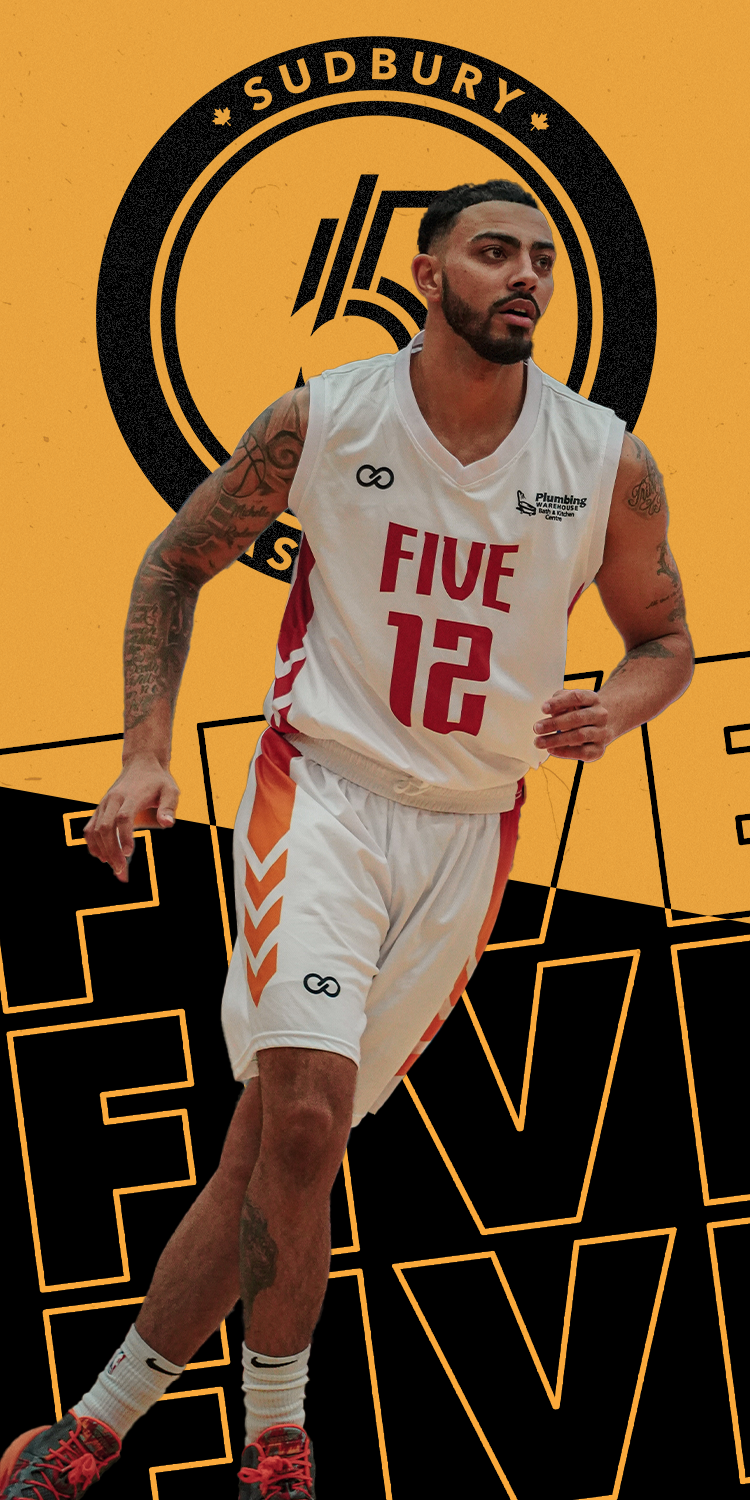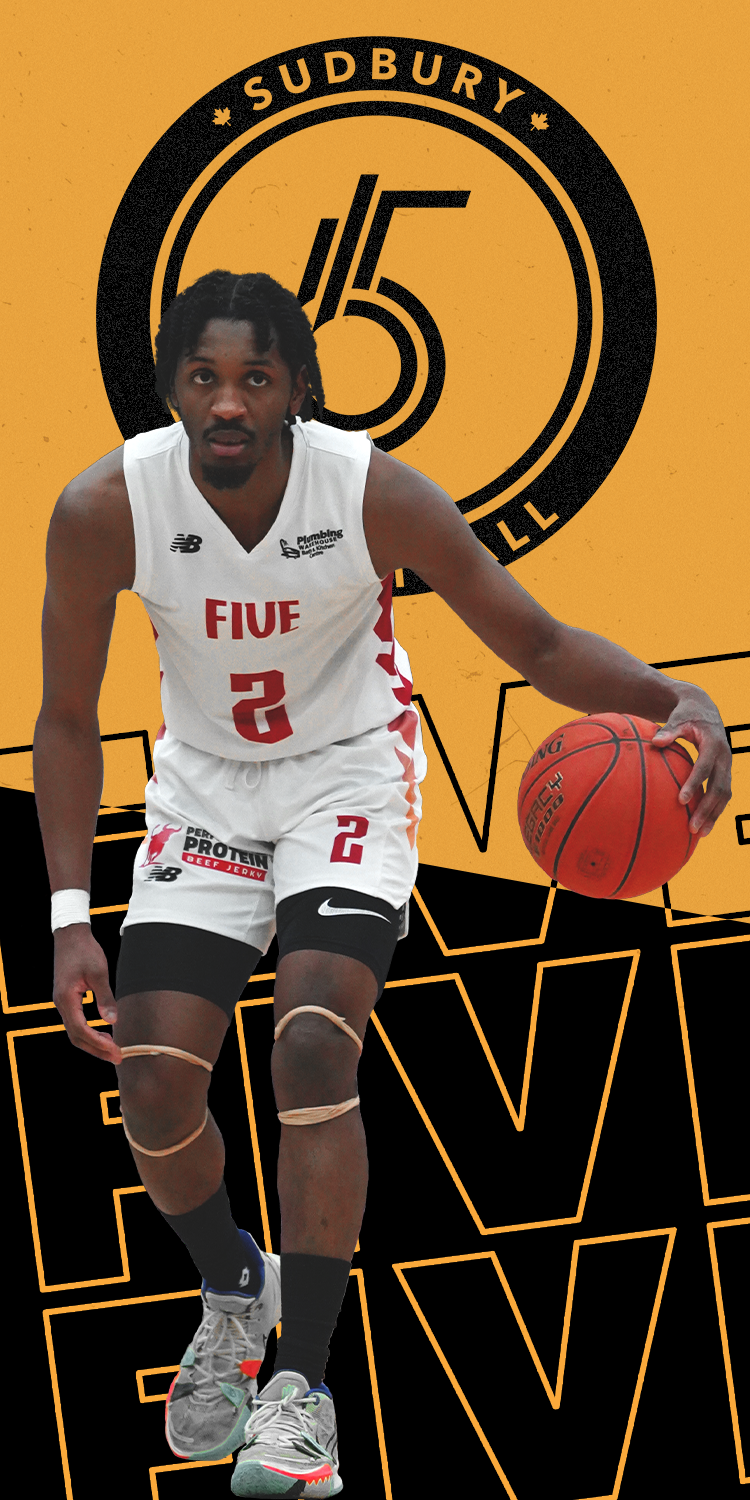Weekly column now appears in the Northern Life - every Thursday
I think about sports. A lot. Just not at all in the same way that former Rayside-Balfour Sabrecats forward Justin Carre thinks of sport. It’s long been acknowledged that I have an affinity for the more statistical side of sports, deciphering streaks and patterns in sports-related stats ranging from goal scoring streaks, pass completion percentages, batting averages and a variety of other quirks and quarks involved with athletic competition.
And truth be told, Justin Carre also works a great deal with statistics. But this is likely where the similarities end. After his playing days in the NOJHL (Northern Ontario Junior Hockey League) were completed, Carre took the next step, both academically and athletically, accepting a scholarship offer to attend Canisius College near Buffalo.
While he continued his hockey career, playing NCAA hockey with the Canisius College Golden Griffins, Carre developed a love of sport psychology, accumulating a base of knowledge that would provide the framework for some of his future studies.
Upon receiving his undergraduate degree, Carre opted to pursue his research at a Masters’ level, returning to Canada and attending Brock University in St Catherines. Initially, the long-time product of the Rayside-Balfour Minor Hockey Association focused on areas of great familiarity.
As most athletes at almost any level of sport will quickly acknowledge, there has long been quantitive data to back up the firmly held belief that the concept of “home field” advantage clearly exists in the sporting realm. That is to say that teams playing in front of their home crowds have consistently shown a greater success rate when playing within the friendly confines of the hometown venue versus playing in a less familiar setting on the road.
Pure common sense provides a whole variety of plausible explanations, ranging from athletes having a better understanding of the specific nature of the subtle idiosynchrasies that exist within the ice surface, the ball diamond, the basketball court to the whole notion of competitors simply being more relaxed, less stressed out by something as simple as sleeping in their own beds.
While Carre was more than a little familiar with the anecdotal basis of this sport truism, his affinity for the qualitative nature of research studies led him to take the next obvious step. “I began to wonder whether there were biological factors that may explain these well-known facts”, he explained recently.
“I focused on the role of testosterone (a hormone present in both men and women - but in larger quantities in men). My research demonstrated that testosterone concentrations were much higher when Jr. A hockey players competed in their home venue versus their opponents' venue”, he went on to explain.
As part of the same study, Carre also grew curious about how individual athletes incorporated their perception of their own performance within the context of team success, or lack thereof. Again, he turned to his scientific background to attempt to draw some conclusions that could prove useful.
“Interestingly, win or lose - the better an individual played - the higher their testosterone levels after the game.. the worse an individual played, the lower their testosterone levels after the game. We suggest that elevated testosterone concentrations after a competitive encounter may serve to increase willingness to engage in a future competition, whereas a decrease may decrease the likelihood of an individual seeking a competitive encounter”, Carre states.
The “we” that the very driven young man refers to is the collaboration of his work through his supervisor, Dr Cheryl McCormick (Ph D) as Carre continues to work towards his doctorate within the Psychology Department at Brock University.
Now many may look at all of what has been noted to this point and suggest that all Carre has really accomplished is to state the obvious, to prove that there is indeed something happening within the body that provides a given set of results that all were prepared to admit clearly exists.
While I certainly don’t profess to be a Sports Psychologist or anything close or to have access to the truckloads of research documents already on file that Carre and company can peruse at their leisure, the findings can prove interesting to even the most common sports fan.
Given that testosterone levels are a physiological measure, then one has to wonder if there exists ways in which the levels could be increased pre-competition in order to aid performance. And before everyone gets their collective shorts in a knot over this statement, I am certainly not alluding to any kind of performance enhancing drug usage.
However, to my somewhat limited academic mind, I would think that studies have already been conducted that prove that exposing individuals to specific visual stimuli can vary one’s testosterone level. Might it be possible to garner a better performance from athletes simply by having them view a movie or film clips that by their very nature, tend to drive up testosterone levels?
Could Wolves coach Mike Foligno pick out an opportune pre-game speech to access a video compilation of the playoff run of 2007 and with it, drive the testosterone level of his troops to a higher level, increasing their likelihood of achieving success?? I certainly don’t profess to have the answers.
But then again, I don’t think of sports like Justin Carre does.








